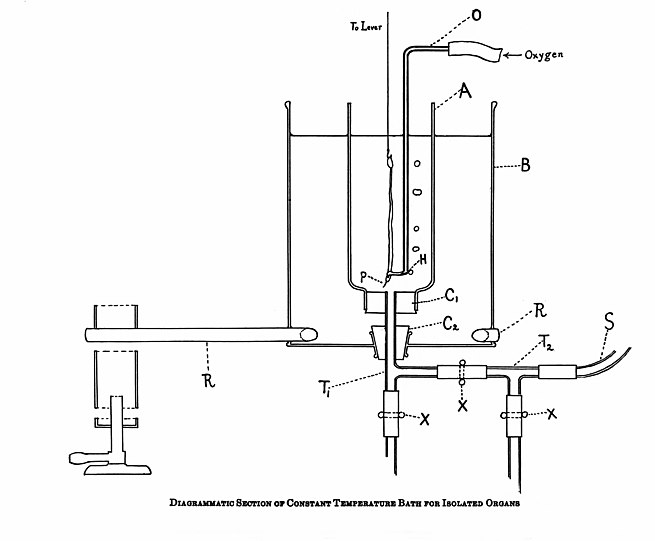
Main Difference
The main difference between Pharmacology and Therapeutics is that the Pharmacology is a study of the interactions that occur between a living organism and chemicals that affect normal or abnormal biochemical function and Therapeutics is a medical treatment.
-
Pharmacology
Pharmacology is the branch of biology concerned with the study of drug action, where a drug can be broadly defined as any man-made, natural, or endogenous (from within the body) molecule which exerts a biochemical or physiological effect on the cell, tissue, organ, or organism (sometimes the word pharmacon is used as a term to encompass these endogenous and exogenous bioactive species). More specifically, it is the study of the interactions that occur between a living organism and chemicals that affect normal or abnormal biochemical function. If substances have medicinal properties, they are considered pharmaceuticals.
The field encompasses drug composition and properties, synthesis and drug design, molecular and cellular mechanisms, organ/systems mechanisms, signal transduction/cellular communication, molecular diagnostics, interactions, toxicology, chemical biology, therapy, and medical applications and antipathogenic capabilities. The two main areas of pharmacology are pharmacodynamics and pharmacokinetics. Pharmacodynamics studies the effects of a drug on biological systems, and Pharmacokinetics studies the effects of biological systems on a drug. In broad terms, pharmacodynamics discusses the chemicals with biological receptors, and pharmacokinetics discusses the absorption, distribution, metabolism, and excretion (ADME) of chemicals from the biological systems. Pharmacology is not synonymous with pharmacy and the two terms are frequently confused. Pharmacology, a biomedical science, deals with the research, discovery, and characterization of chemicals which show biological effects and the elucidation of cellular and organismal function in relation to these chemicals. In contrast, pharmacy, a health services profession, is concerned with application of the principles learned from pharmacology in its clinical settings; whether it be in a dispensing or clinical care role. In either field, the primary contrast between the two are their distinctions between direct-patient care, for pharmacy practice, and the science-oriented research field, driven by pharmacology.
The origins of clinical pharmacology date back to the Middle Ages in Avicenna’s The Canon of Medicine, Peter of Spain’s Commentary on Isaac, and John of St Amand’s Commentary on the Antedotary of Nicholas. Clinical pharmacology owes much of its foundation to the work of William Withering. Pharmacology as a scientific discipline did not further advance until the mid-19th century amid the great biomedical resurgence of that period. Before the second half of the nineteenth century, the remarkable potency and specificity of the actions of drugs such as morphine, quinine and digitalis were explained vaguely and with reference to extraordinary chemical powers and affinities to certain organs or tissues. The first pharmacology department was set up by Rudolf Buchheim in 1847, in recognition of the need to understand how therapeutic drugs and poisons produced their effects.Early pharmacologists focused on natural substances, mainly plant extracts. Pharmacology developed in the 19th century as a biomedical science that applied the principles of scientific experimentation to therapeutic contexts. Today pharmacologists use genetics, molecular biology, biochemistry, and other advanced tools to transform information about molecular mechanisms and targets into therapies directed against disease, defects or pathogens, and create methods for preventative care, diagnostics, and ultimately personalized medicine.
-
Therapeutics
Therapy (often abbreviated tx, Tx, or Tx) is the attempted remediation of a health problem, usually following a diagnosis. In the medical field, it is usually synonymous with treatment (also abbreviated tx or Tx). Among psychologists and other mental health professionals, including psychiatrists, psychiatric nurse practitioners, counselors, and clinical social workers, the term may refer specifically to psychotherapy (sometimes dubbed ‘talking therapy’). The English word therapy comes via Latin therapīa from Greek: θεραπεία and literally means “curing” or “healing”.As a rule, each therapy has indications and contraindications.
-
Pharmacology (noun)
The science of drugs including their origin, composition, pharmacokinetics, therapeutic use, and toxicology.
-
Pharmacology (noun)
The properties and reactions of drugs especially with relation to their therapeutic value.
-
Therapeutics (noun)
The treatment of disease; the science of healing.
